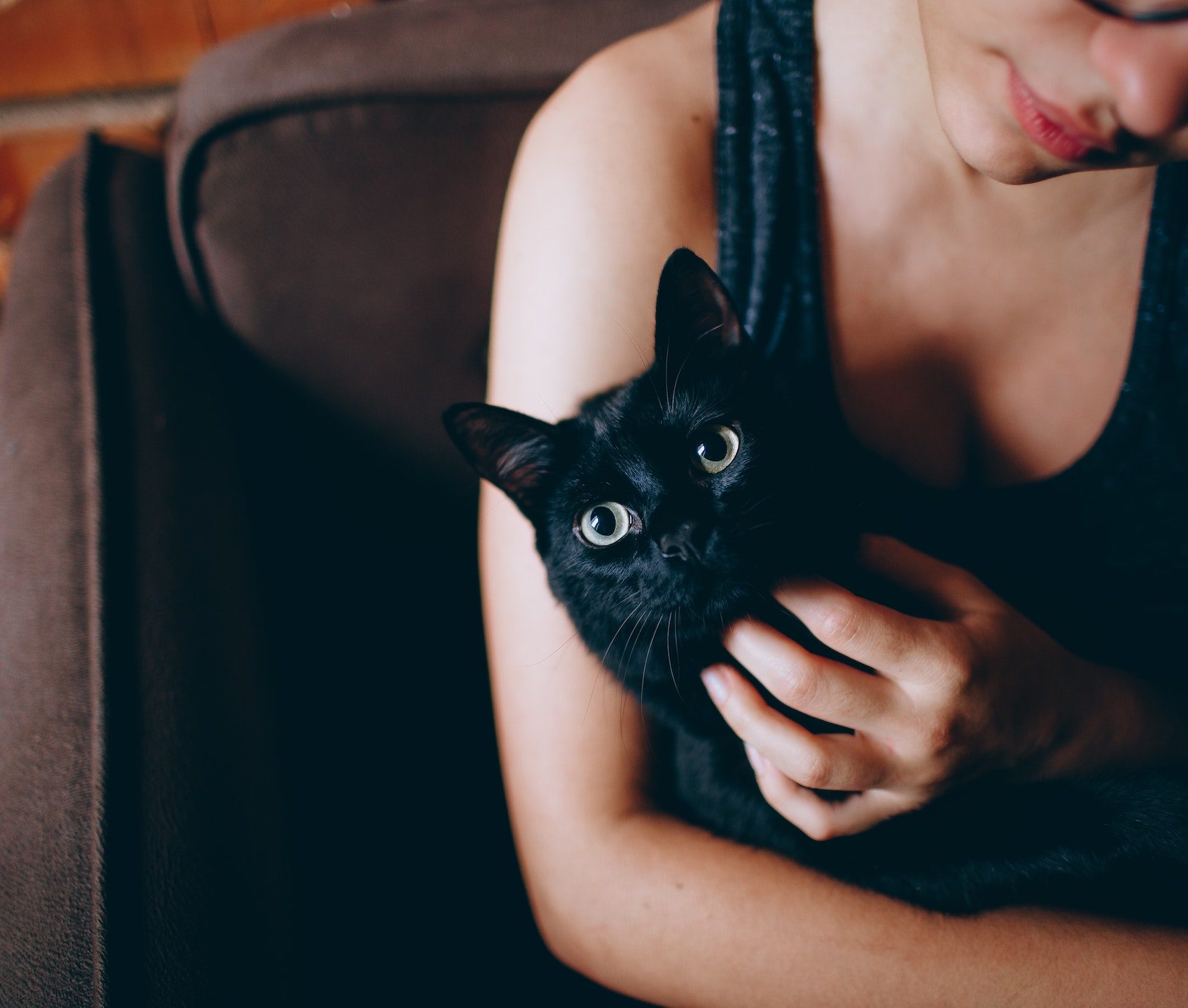
FvRCP– Feline Viral Rhinotracheitis, Calicivirus, Panleukopenia
Rhinotracheitis is a severe upper respiratory infection caused by a feline type 1 herpes-virus. It causes coughing, sneezing, discharge from the nose and eyes, lethargy, and fever. Life-long infection and frequent flare ups are common. This virus is airborne and is very contagious to other cats.
Calicivirus is a viral infection that can cause a range of diseases, from a mild almost asymptomatic infection, to life-threatening pneumonia. The virus can cause painful sores to form in the mouth, nasal passages and the conjunctiva of the eyes. Calicivirus is transmitted by direct contact with an infected cat or an object (bed, blanket, bowel, etc. that harbors the virus.
Panleukopenia (also known as feline parvo) is a highly contagious, usually fatal disease of the gastrointestinal tract, the immune system and the nervous system. The disease is spread by direct contact with infected cats or by contact with viral particles in the environment. The virus can survive in the environment for up to one year.
FeLV- Feline Leukemia Virus
Feline Leukemia virus is a viral infection that causes severe immunosuppression in cats. It is spread from cat to cat through saliva, so it can be transmitted by shared food and water dishes, bites, and grooming of one cat by another. We often refer to FeLV as the “friendly cat disease.” It can also be transmitted from the mother cat to her unborn kittens. Most cats with FeLV live normal lives, but their lifespan tends to be significantly shorter. Unfortunately, there is no treatment for feline leukemia.
Rabies
Rabies is a virus that causes severe neurologic disease in cats. It is transmissible to humans as well as other animals. Rabies virus is always fatal! It is transmitted through the saliva of infected animals. By law, every cat over the age of 16 weeks MUST be up to date on their rabies vaccine.

